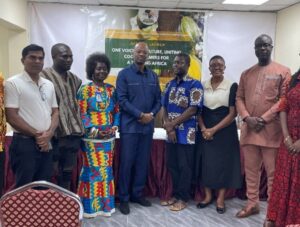
By Edward Adjei FRIMPONG
Ghana’s cocoa sector faces an urgent crisis that requires an “all-hands-on-deck” approach from all relevant stakeholders, Dr. Godfred Seidu Jasaw, Chairman of the Parliamentary Select Committee on Food, Agriculture and Cocoa Affairs, has said.
Speaking at the launch of the Ghana chapter of the Cocoa Farmers Association of Africa (COFAAA) in Accra, Dr. Jasaw underscored the need for innovative strategies to salvage the struggling industry.

Dr. Jasaw revealed that Ghana, as of the close of 2024, owed international cocoa buyers a total of 333,767 metric tonnes of cocoa beans—debts that must be settled in the upcoming cocoa seasons. The indebtedness stems largely from declining production in recent years.
“In the 2023/2024 season, Ghana’s cocoa production dropped to 531,000 metric tonnes, the lowest in more than a decade. The country’s debt was pegged at US$2,600 per tonne, yet the mandate for cocoa beans is around US$6,600 per tonne. This translates to a potential loss of about US$4,000 per tonne when repaying the debt,” he explained.
The situation is further compounded by rising domestic demand, which now exceeds 400,000 metric tonnes—putting additional pressure on already constrained supply, he added.
To address these challenges, Dr. Jasaw called on Ghana and Côte d’Ivoire, the world’s leading cocoa producers, to devise a unified strategy to influence global cocoa standards and pricing. He proposed consolidating cocoa outputs from smaller African producers to strengthen the continent’s bargaining power on the global market.
“This approach will shift the power balance, ending the current situation where cocoa buyers impose conditions and standards that undermine producers,” he stated.
Resonating with Dr. Jasaw’s sentiments, Alex Assanvo, Executive Secretary of the Côte d’Ivoire-Ghana Cocoa Initiative (CIGCI), stressed the importance of strategic alliances among cocoa-producing nations. He pointed out that for too long, Ghana and Côte d’Ivoire have competed against each other in the international cocoa market—often to the advantage of global industry players.
Mr. Assanvo said, “The more fragmented we are, the more leverage the buyers gain. Though forming alliances isn’t easy, it allows us to share experiences and create effective strategies for collective benefit.”
He also disclosed that CIGCI is actively working to include other key producers such as Cameroon, Nigeria, and Liberia. “African countries account for nearly 80% of global cocoa production but capture only 2% of the multi-billion-dollar chocolate industry. That must change,” he said.
Highlighting the role of COFAAA, Nana Yaw Reuben Junior, Country Director for Ghana, pointed out that the association will promote sustainable practices alongside economic growth. He said COFAAA will empower farmers with climate-smart training and tools to improve productivity and livelihoods.
“Through capacity building, tailored support, and advanced traceability systems, we aim to equip cocoa farmers with the skills needed to adopt sustainable practices, boost crop quality, and secure better market returns,” he said.
The post Cocoa leaders call for stronger African alliance to influence global market appeared first on The Business & Financial Times.
Read Full Story

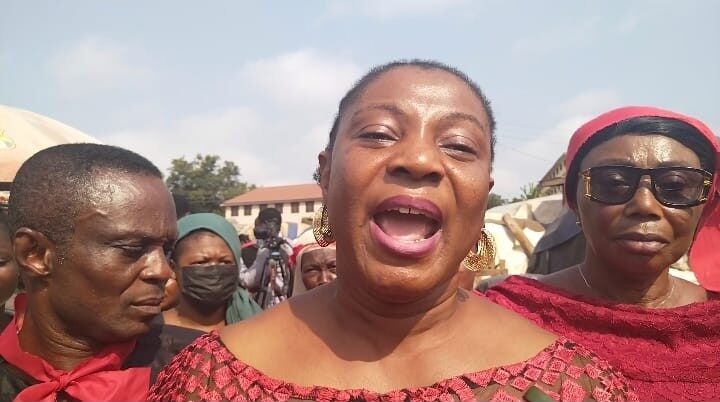
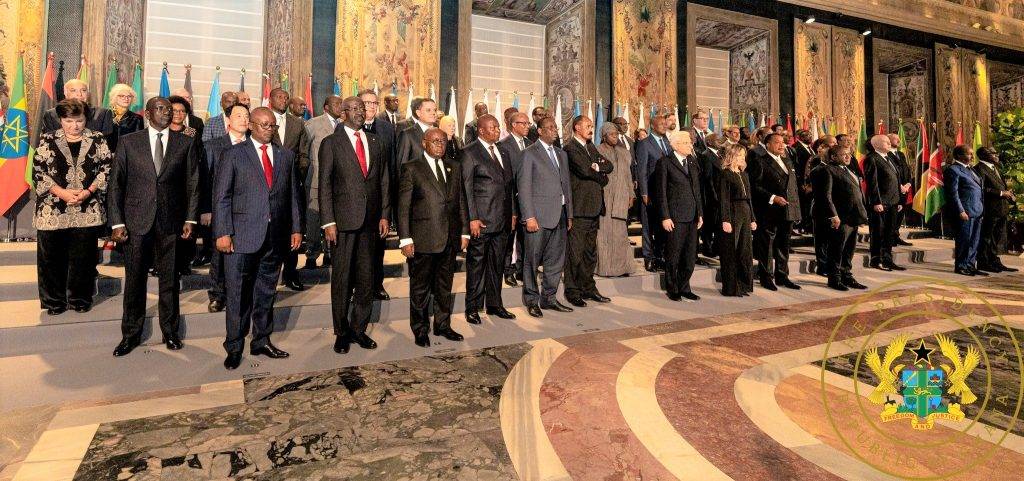


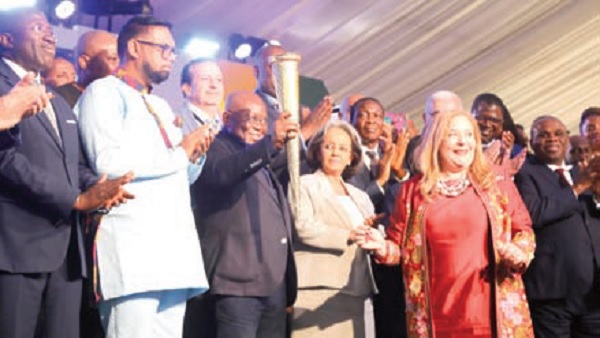



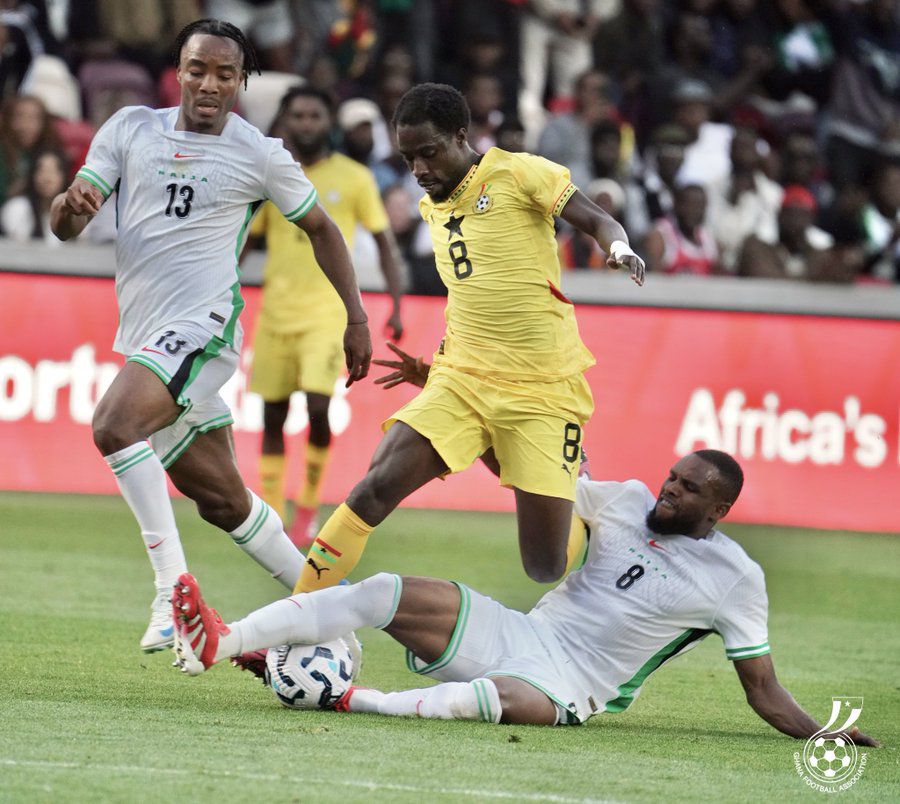

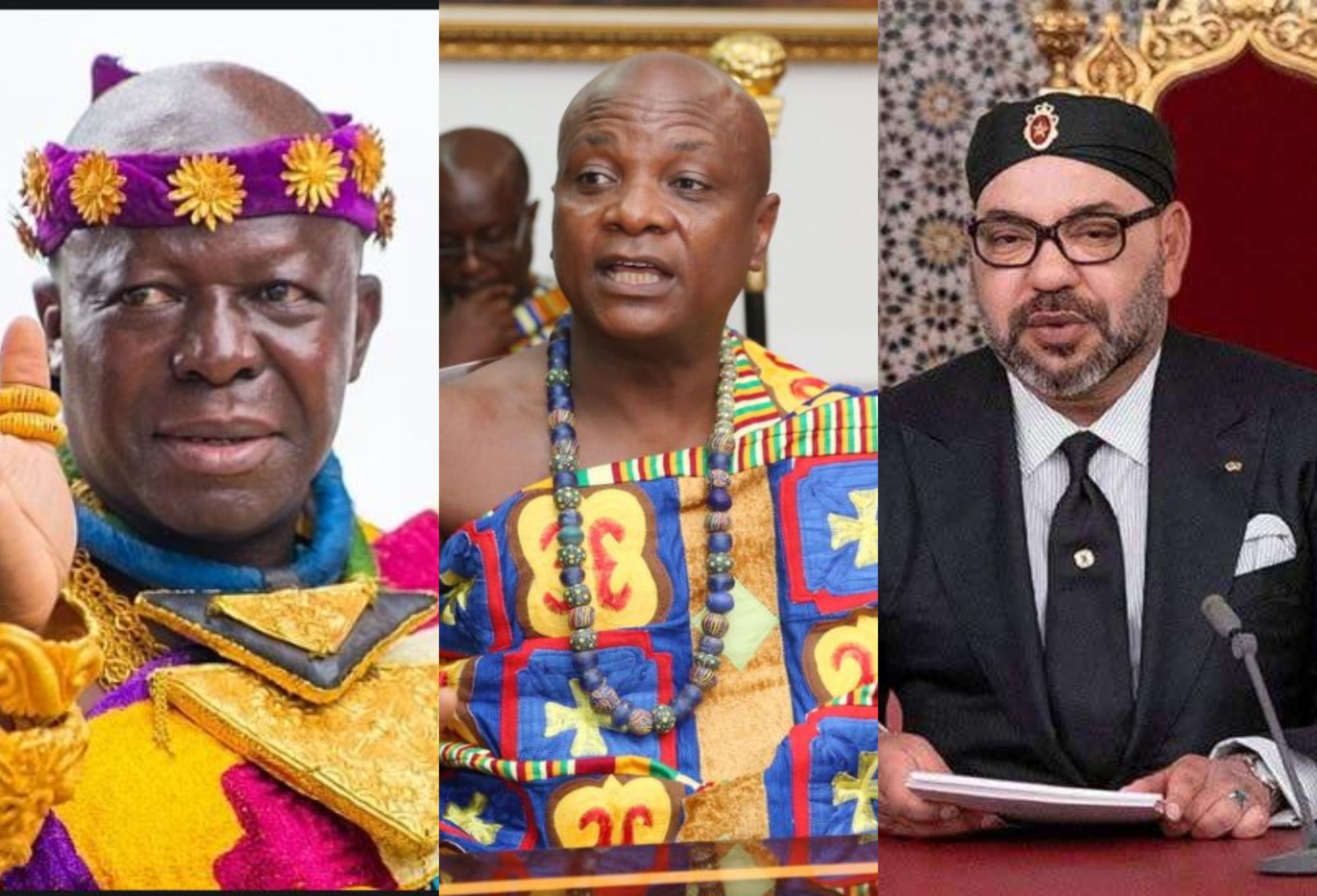




![Hajia4Reall makes a bold comeback with new music after U.S prison sentence [Video]](https://sportal365images.com/process/smp-images-production/pulse.com.gh/01062025/88287b98-5b5d-4e81-b3b1-c4adb7b6ee54.png)
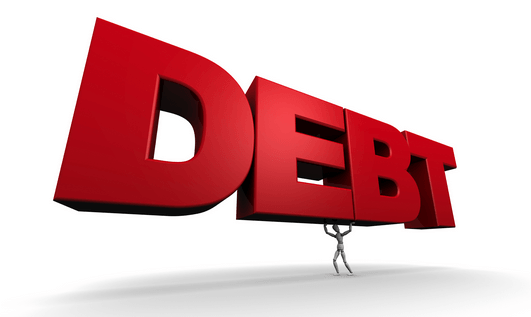
![559 arrested, 2 dead as PSG fans clash with police after Champions League win [Video]](https://sportal365images.com/process/smp-images-production/pulse.com.gh/01062025/dd4996e6-98b0-4c6a-8a4c-c8195e9fe5ac.jpg)
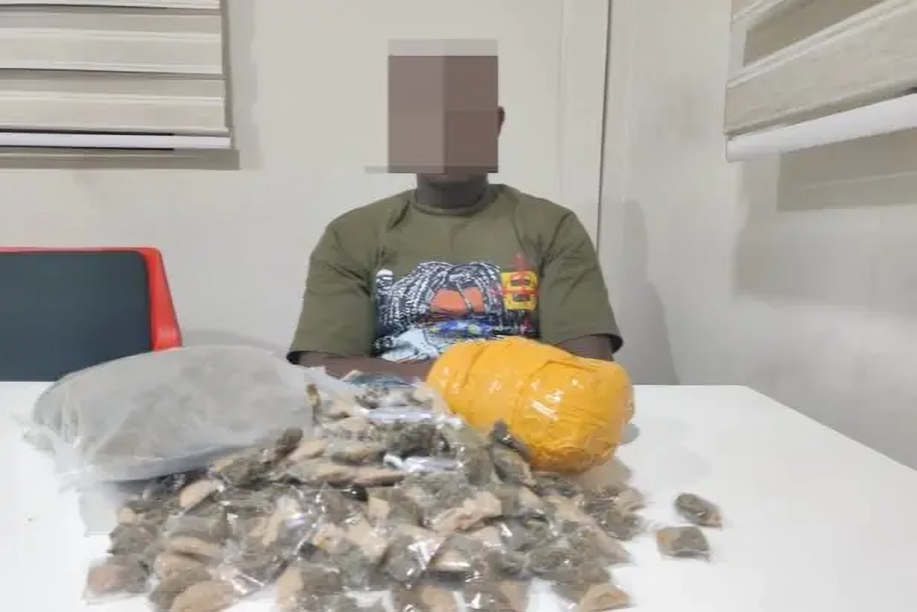
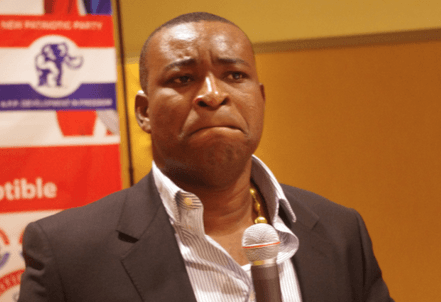


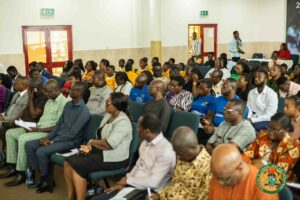

Facebook
Twitter
Pinterest
Instagram
Google+
YouTube
LinkedIn
RSS